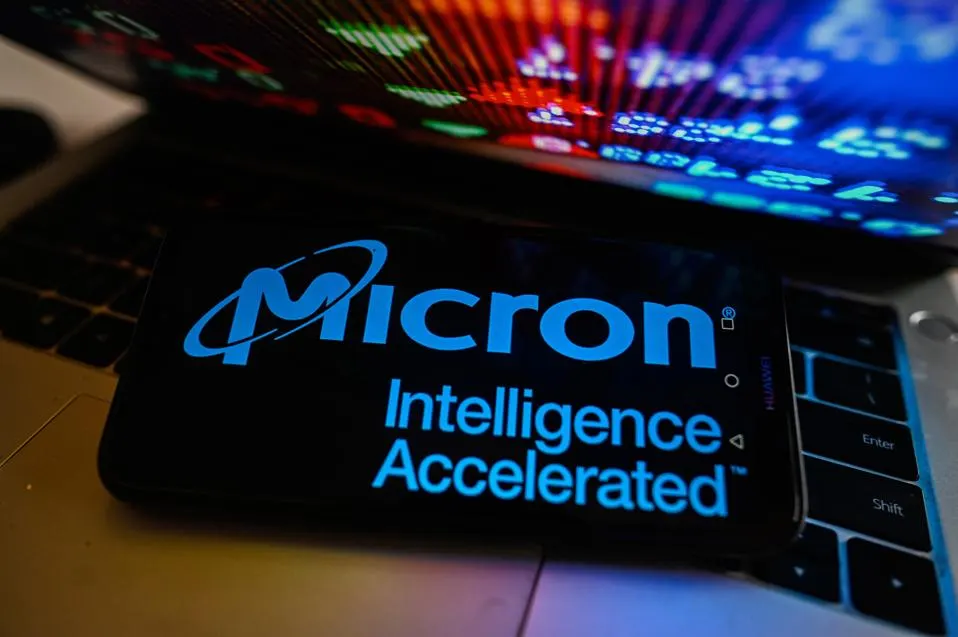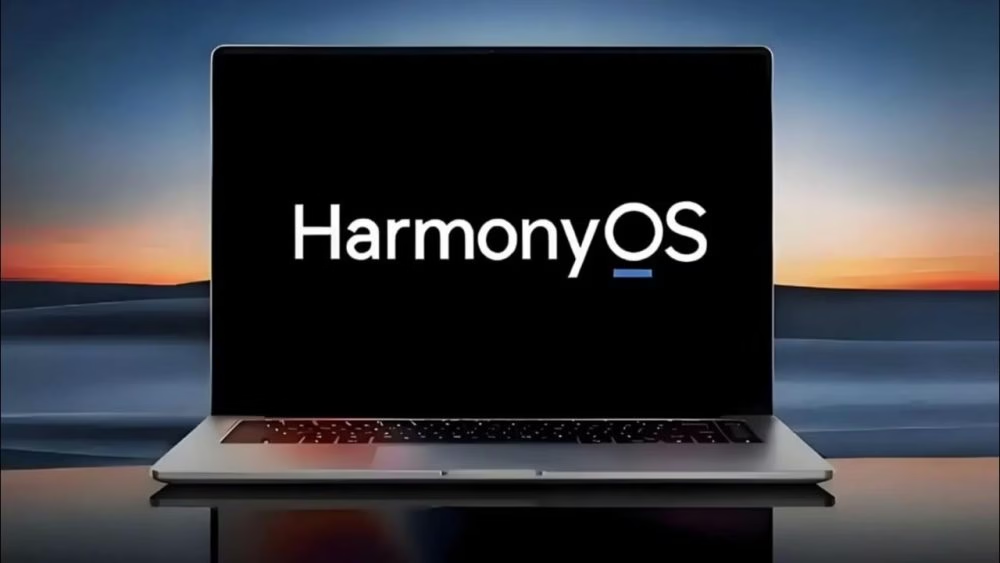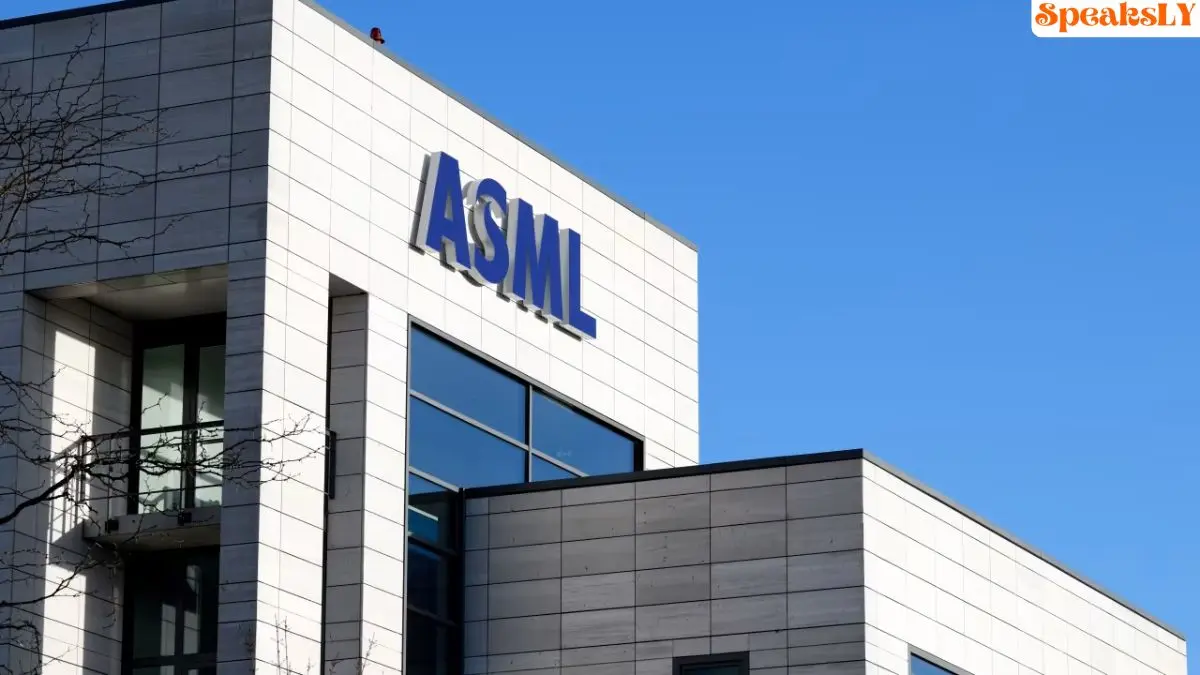Micron Technology’s stock soared nearly 19% on Thursday, leading a rally in semiconductor stocks following the company’s optimistic revenue forecast, which indicates strong demand for hardware essential for generative AI technology.
The company’s high-bandwidth memory chips (HBM), utilized in Nvidia’s widely popular artificial intelligence processors, could potentially boost Micron’s market value by over $19 billion.
Micron has successfully navigated inventory challenges in other sectors, such as the personal computer market, due to the robust demand for HBM chips. CEO Sanjay Mehrotra noted during a post-earnings call on Wednesday that PC manufacturers had previously built up memory chip inventories in anticipation of rising prices.
The company achieved its best quarterly revenue growth in a decade for the fourth quarter ending August 29, and its forecast for the current period significantly exceeded Wall Street expectations. Analysts from Morningstar highlighted that Micron is benefiting from a broad upcycle in memory chip demand, particularly fueled by AI-related needs.
Micron’s strong pricing for HBM chips is expected to enhance its gross margins, which had been pressured by the costly ramp-up of its HBM manufacturing capacity. The company anticipates an adjusted gross margin of around 39.5% for the first quarter ending in November, surpassing the prior estimate of 37.7%. This is a notable increase from an adjusted gross margin of 36.5% in the fourth quarter, and a substantial improvement from a negative 9.1% in the same period last year.
CEO Mehrotra attributed the increase in overall margins to the strong performance of the HBM products. Analysts at Morgan Stanley noted that Micron faced a relatively low bar in this earnings cycle, allowing it to outperform expectations.
Following Micron’s last earnings report in June, nine out of 26 analysts had lowered their revenue estimates for the first quarter, driven by concerns about potential weakening in HBM pricing. However, Micron addressed these worries, with CFO Matt Murphy citing improved profitability in the fourth quarter due to higher pricing.



